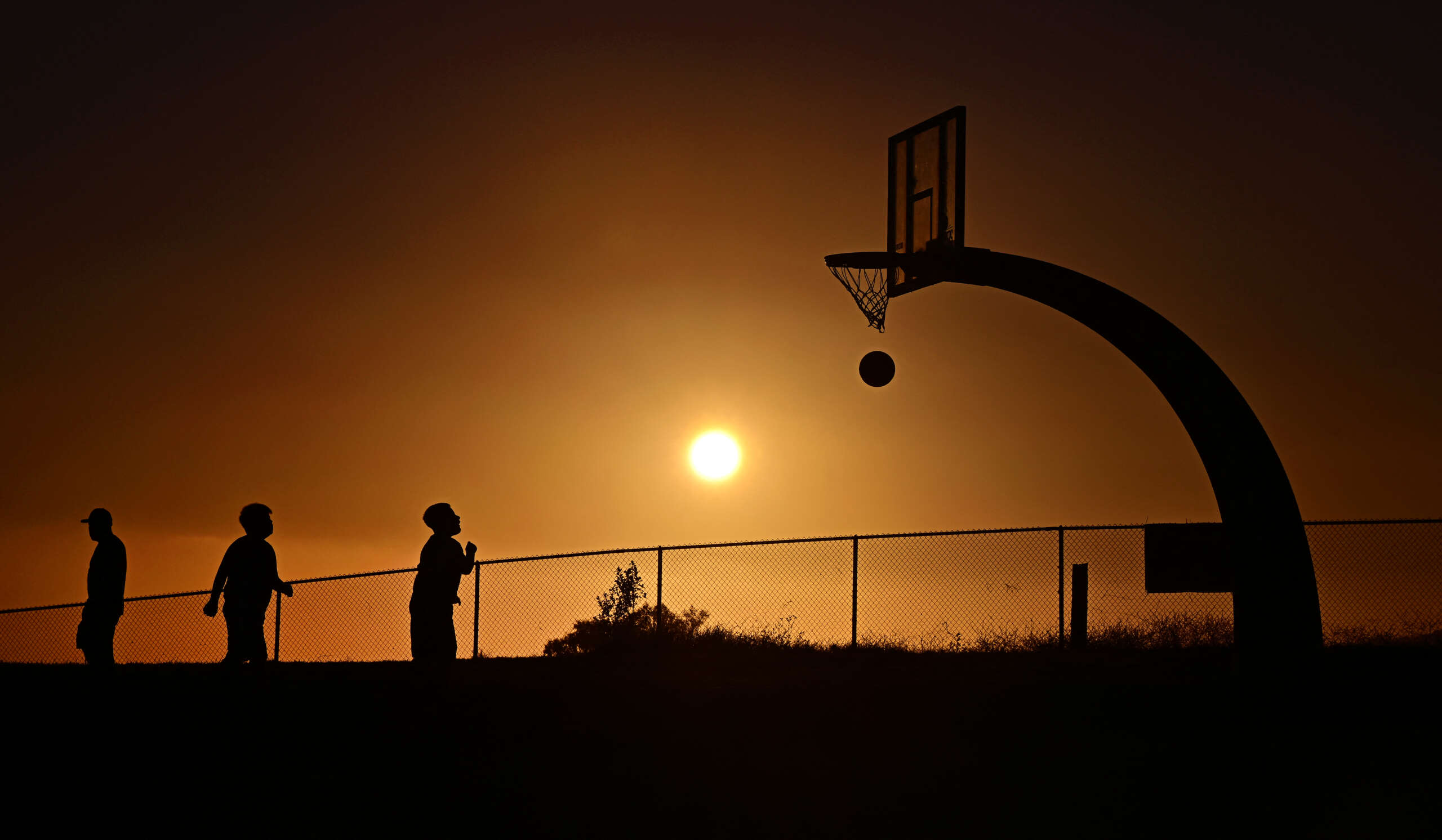This Researcher Studied How Climate Change Hurts Children — Trump Shut Her Down
Jane Clougherty has dedicated her professional life to researching the health effects of air pollution and extreme heat. But in May, she received an email from the Environmental Protection Agency (EPA) that ground her potentially life-saving work to a halt.
Sitting on her parents' back porch in Boston, Clougherty was informed by the EPA that her research project had been cancelled - effective immediately. "There was no discussion, there was no warning, simply an email that said 'You're done. This project is no longer within the administration's scope. Cease and desist activities as of today,'" she recalled over the phone.
The 19th learned that Clougherty's research focused on analyzing emergency room visits across New York State to understand the impacts of heat and air pollution on children's health. Her study aimed to provide valuable insights into how communities can protect vulnerable populations, particularly low-income communities of color, from the devastating effects of climate change.
"It was horrible and traumatic and a very unprofessional way to handle the elimination of these grants," Clougherty said. "But I also wasn't surprised. For months, the Trump administration had been hacking away at any work related to equity, climate change, and environmental justice."
Clougherty's research analyzed community assets that could buffer children from the hazards of heat and pollution, such as green spaces, schools, economic opportunities, and access to healthcare services. Her study aimed to help local leaders plan where to target limited resources to create the most bang for their buck.
"We can also look at the characteristics of the schools that the children attend, and economic and other assets in their communities, such as access to grocery stores, Head Start programs, proximity to hospitals or health care services [and] quality of housing," Clougherty explained. "By calculating which of these assets could have the best protective effect on children's health, it would have helped local leaders make informed decisions."
For advocacy groups like the Children's Environmental Health Network, the ability to point to data is crucial in reaching policymakers and informing policy decisions.
"We're not used to having this granular, local level, children-specific research that we can use," said Kristie Trousdale, the deputy director of the organization. "It just would have really helped us in our messaging to have these findings that are actionable and that can be used in a preventive way. Because we're always reacting."
The cancellation of grants has had far-reaching consequences for researchers like Clougherty, who are now facing uncertainty about their future projects and the loss of infrastructure and expertise.
The Ramifications Go Beyond the Current Research
Clougherty warned that the cancellation of grants is not just a loss for individual researchers but also for the scientific community as a whole. "Oh, my God, the ramifications are extraordinary," she said. "Scientific laboratories are not something you can turn on and off in short order. This is a lot of infrastructure being lost, a lot of lab-specific knowledge being lost, and staff are losing jobs."
Clougherty also expressed concern that young researchers who might have been interested in pursuing careers in public health and environmental health may now be deterred by the lack of funding and support.
A Loss for Taxpayers and Future Generations
The cancellation of grants is a loss not just for individual researchers but also for taxpayers, who will no longer receive the benefits of research that could have improved public health outcomes and protected vulnerable populations.
Clougherty had been awarded a $1.35 million grant, which she had already spent nearly $400,000 of when she received the cancellation notice. She is now seeking funding from private donors to complete her research.
A Call to Action
"We are potentially losing a whole generation of scientific skill and knowledge," Clougherty warned. "If we do that, I'm not quite sure how we are going to really keep our kids safe from our changing climate and environmental hazards in general."
Environmental advocates are urging the EPA to take action to protect funding for research that informs policy decisions and protects public health.
"It seems to me that we are abandoning science now," said Trousdale. "If we do that, I'm not quite sure how we are going to really keep our kids safe from our changing climate and environmental hazards in general."
